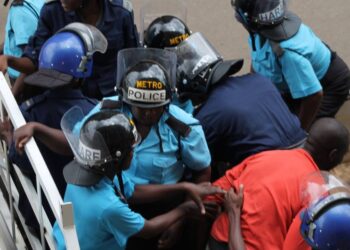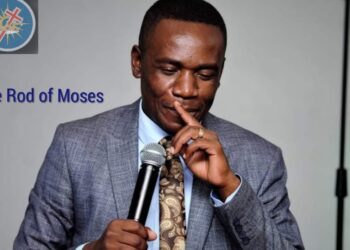SOME civil servants recruited by the Department of Civil Registry to issue national identity cards ahead of last year’s general elections have expressed concern over delayed payment for their services.
“We were recruited for a three-month exercise, but nothing has been paid so far,” one of the sources in Matebeleland South province said.
“The Civil Registry Department local officials who were team leaders for the exercise are equally in the dark over payment of our dues. There is no update on when we will ever be paid?”
The civil servants were promised US$120 per day to cater for accommodation and meals.
Source gathered that the department requested foreign currency bank accounts from the unpaid civil servants in October last year, but nothing was deposited into the accounts.
“We gave them all the details anticipating that we will be paid soon, but it has been over five months without a word from them. We haven’t received any cent from them, nor have they communicated with us. We don’t know who can help us on this issue.
“It is a traumatic experience working for the government department that has not honoured its obligation to pay up for a national programme,” the source added.
Registrar-General Henry Machiri confirmed that the department still owed people hired for the exercise.
“It is true that some people have not been paid. All the financial paperwork is with the national treasury, who are working on modalities of disbursing the monies,” he said.
“Those who were not paid must be rest assured that they will be paid using the prevailing interbank rate, so no one will be affected at all.”
Machiri added that the crisis was not isolated to one district or province.
“It is a national issue and we are working on it,” he said.
The mop-up national mobile registration exercise by the Department of Civil Registry, conducted from May 1 to July 31 last year, was aimed at providing citizens with national identity documents to enable them to exercise their right to vote in the August 2023 harmonised elections.
The exercise focused on those who had attained 18 years of age and intended to register as voters; those who lost identity documents and were eligible to register as voters; and those who were 18 years and above who required both birth certificates and national identity documents.
Source Southern eye










